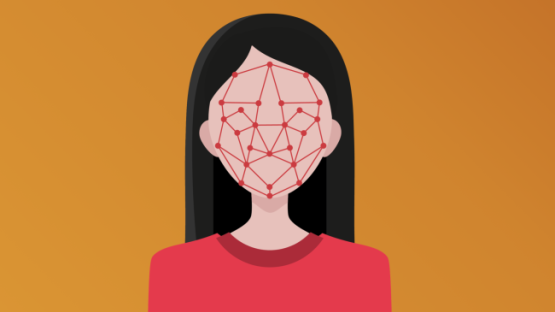
PI and 30 CSOs unite against use of live facial recognition technology
Today, a coalition of 31 civil society organisations release an open letter calling on Parliament to halt and ban the use of live facial recognition technology (LFRT) by the police and private companies.
- The use of LFRT by the police and private companies should be halted and banned entirely as it poses significant and unmitigable risks to our society.
- Police and the Home Office have, so far, completely bypassed Parliament on the proposed new national guidance for the use of LFRT.
- Whether and how LFRT is used by our police forces – a move which fundamentally alters the relationship and balance of power between citizens and the State – should be a matter for Parliament.

PI, together with 30 national and international civil society organisations (CSOs), release an open letter calling on Parliament and relevant stakeholders to halt and ban the use of live facial recognition technology (LFRT) by the police and private companies.
We believe that the use of LFRT poses significant and unmitigable risks to our society. We do not believe that it can ever be safely deployed in public spaces or for mass surveillance purposes.
The open letter comes as a result of a recent College of Policing public consultation on its new national guidance, which seeks to set standards around how the police in England and Wales will use LFRT. PI, together with Liberty, Big Brother Watch, Defend Digital Me and Open Rights Group made a joint submission to the consultation opposing the development of the new Authorised Professional Practice (APP) on the use of LFRT by the police. We highlighted that the APP falls foul of many of the issues that led the Court of Appeal in R (Bridges) v Chief Constable of South Wales Police & Ors, to find the use of LFRT breached privacy rights, data protection laws, and equality laws.
The use of live facial recognition represents a huge shift in the relationship between the individual and the State. The implications come not solely from privacy and data protection perspectives, but from the larger ethical question for a democratic society permitting and seemingly condoning the rollout of such intrusive technology. LFRT also raises significant problems for our human rights, such as freedom of expression and freedom of assembly.
We are concerned that LFRT may be used in a broad range of public gatherings such as sporting events, music concerts, and protests, threatening protected rights. Further, deployments of this surveillance technology could mirror and exacerbate existing disproportionate policing practices towards minority communities.
In a democratic society, it is imperative that intrusive technologies are subject to effective scrutiny. Police and the Home Office have, so far, completely bypassed Parliament on the matter of LFRT. We are not aware of any intention to subject LFRT plans to parliamentary consideration, despite the intrusiveness of this technology, its highly controversial use over a number of years, and the dangers associated with its use.
As a result, we release this Open Letter (attached below), signed by over 30 national and international CSOs, calling on Parliamenat and relevant stakeholders to demand the opportunity to steer the debate on this significant step change in policing. We have sent this Open Letter to the following Parliamentary Committees:
- Home Affairs Committee
- House of Lords Justice and Home Affairs Committee
- Joint Committee of Human Rights
- Science and Technlogy Committee
Members of Parliament and Peers must demand the opportunity to steer the debate on this significant step change in policing. The potential use of live facial recognition by police forces should be a matter for Parliament as it fundamentally alters the balance of power between citizens and the State. Should Parliament be afforded this opportunity, it will be evident that legislation attempting to regulate the use of this technology is insufficient – instead, its use in public spaces should be wholly prohibited.


